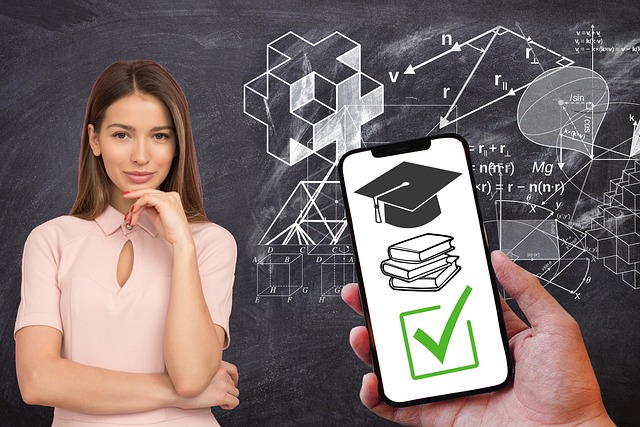After School Programs: Benefits for Students and STEM Learning
After-school programs provide structured time outside the regular school day where students can deepen learning, explore interests, and receive academic support. These programs often combine homework help, enrichment, and supervised recreation to support working families and to reinforce classroom instruction. Well-designed programs aim to engage students in meaningful activities that connect to broader education goals and personal development.

How do after school programs support education?
After school programs extend classroom learning through targeted academic support and skill-building activities. Many programs offer homework help, literacy sessions, and subject-specific tutoring that align with school curricula. This extra time can help students master foundational skills, catch up on missed concepts, and practice study habits. For some learners, smaller group settings and hands-on activities make abstract ideas more concrete, improving confidence and long-term academic outcomes.
What role do after school programs play in STEM learning?
STEM-focused after school programs introduce students to science, technology, engineering, and math in applied, project-based ways. Activities such as robotics clubs, coding workshops, and engineering challenges let students experiment, iterate, and see immediate results from their work. These programs often emphasize problem-solving, collaboration, and design thinking, which complement classroom lessons and can spark sustained interest in STEM pathways without replacing formal instruction.
How do after school programs help students socially and emotionally?
Beyond academics, after school programs contribute to students’ social and emotional development. Group projects, team sports, and mentor relationships help students build communication, leadership, and conflict-resolution skills. Programs can offer a safe space for peer interaction and adult supervision, which is especially valuable for working families. By supporting emotional regulation and providing consistent routines, these programs can reduce stress and contribute to a positive school experience.
What kinds of activities are common in after school offerings?
Activities in after school programs range from arts and science labs to sports and technology clubs. Common offerings include science experiments, makerspace sessions, coding fundamentals, arts and crafts, and reading circles. Programs often balance enrichment with free play and physical activity to support whole-child development. Integration of real-world problems and local community partners can make activities more relevant and help students see applications of what they learn.
How can after school programs encourage interest in science?
Science-centered after school activities give students hands-on opportunities to observe, test, and draw conclusions. Simple experiments, field trips, and citizen-science projects let students practice the scientific method outside a formal lab setting. Facilitators can connect projects to students’ surroundings—local ecosystems, community health data, or environmental monitoring—to make science tangible. Repeated, low-stakes experimentation builds curiosity and helps students develop habits of inquiry that benefit classroom performance.
| Provider Name | Services Offered | Key Features/Benefits |
|---|---|---|
| Boys & Girls Clubs of America | After school care, homework help, enrichment, STEM clubs | Wide national presence, structured programming, emphasis on academic support and youth development |
| YMCA | Youth development programs, sports, arts, academic support | Local branches often offer affordable childcare, physical activity, and community engagement |
| 4‑H (National 4‑H Council) | Hands-on science and agriculture clubs, leadership projects | Focus on experiential learning, long-term project work, and community-based mentorship |
| Girl Scouts of the USA | STEM badges, leadership activities, outdoor science programs | Badge-based curriculum integrates STEM with leadership and civic skills |
| Sylvan Learning Centers | Tutoring, test prep, subject-specific after school sessions | Academic remediation and skill-building with individualized lesson plans |
Conclusion
After school programs offer a mix of academic support, enrichment, and supervised time that can reinforce classroom learning and foster new interests, particularly in STEM and science. Choosing a program depends on a family’s schedule, the student’s needs, and local services available. Well-structured programs emphasize hands-on exploration, social-emotional growth, and alignment with educational goals to help students build skills beyond the school day.






